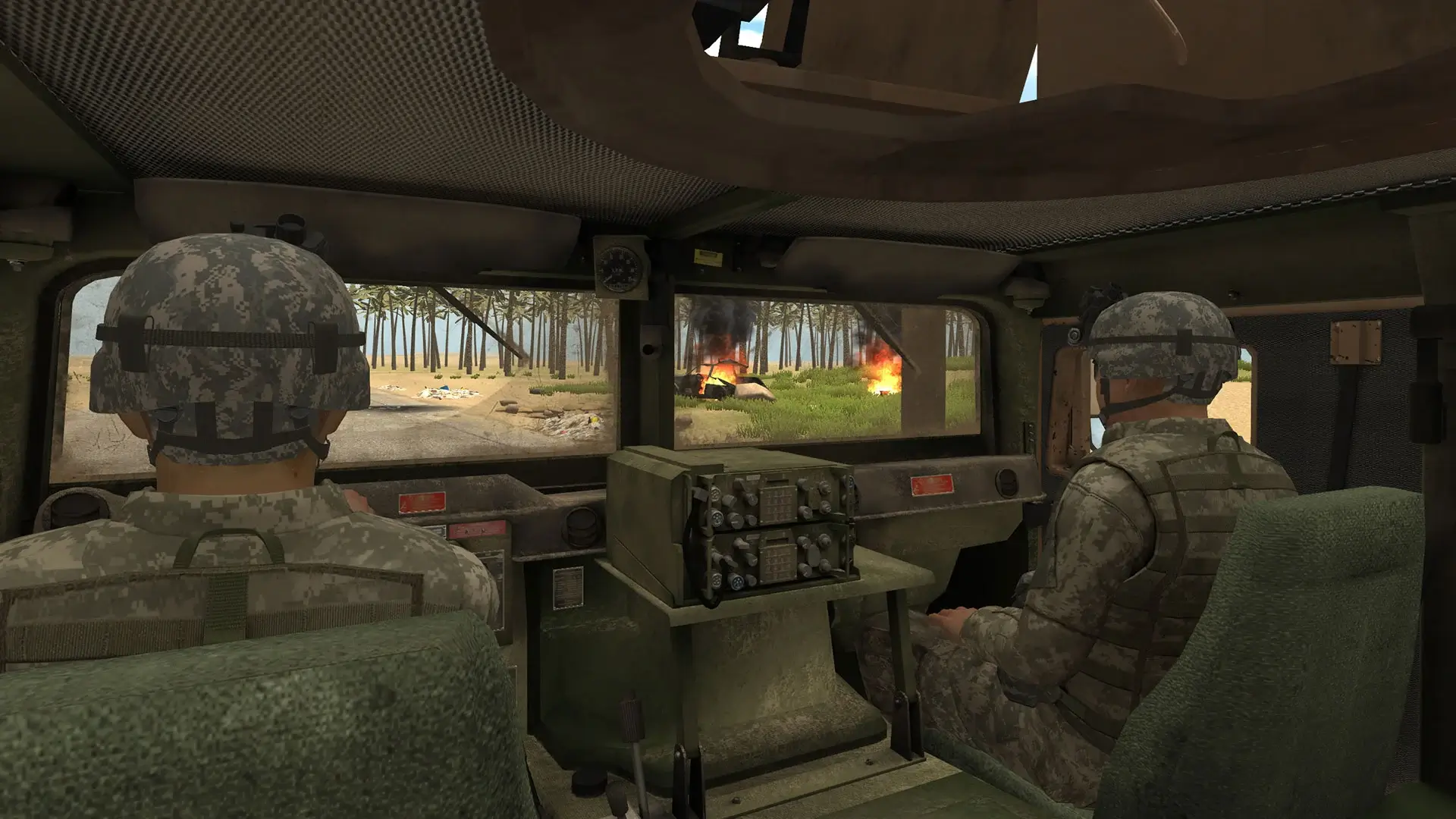Virtual Reality (VR) technology is now playing an important role in helping military service members recover from post-traumatic stress disorder, or PTSD. Virtual reality software and equipment are helping Operation Iraqi Freedom and Operation Enduring Freedom veterans recover from combat post-traumatic stress disorder.
With the use of VR, patients don’t have to just imagine the environment in which their trauma occurred as is the case with imaginal exposure therapy. Instead, patients can see it again themselves. For military servicemembers who may suffer from PTSD, being reminded of the incident that instigated their suffering, and processing through said incident, can be the best way to overcome PTSD, according to Dr. Albert ‘Skip’ Rizzo, director for medical virtual reality at University of Southern California’s Institute for Creative Technologies.
“At first blush, when you hear about this, people say … why would you make somebody do this?” says Rizzo. “The simple answer is we follow the science that the best evidence-based approach for treating PTSD — making the person or helping the person to confront their trauma, but in a safe place with a thoughtful clinician, and to do that repeatedly and over time, you sort of detune the nervous system response to trigger stimuli in the world.”
